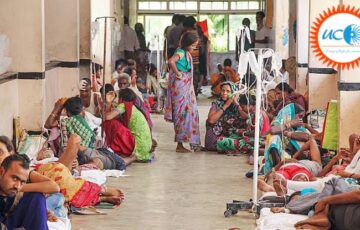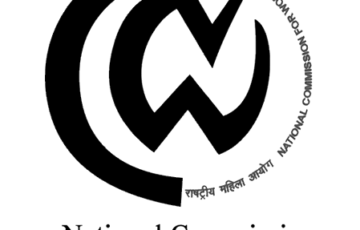Q. Despite several social protection initiatives, Universal Social Security in India seems like a far- fetched dream. Discuss.
| Approach
● Give a brief introduction explaining the meaning of social security. ● Highlight some initiatives for social protection in India. ● Discuss how Universal Social Security in India seems a far-fetched dream. ● Give a brief conclusion. |
Social security is the protection provided to individuals and households to ensure access to health care and to guarantee income security, particularly in cases of old age, unemployment, sickness, invalidity, work injury, maternity or loss of a breadwinner.
Government has taken several initiatives to ensure social protection in India:
- For workers: Code on Social Security, 2020 deals with employee’s social security in the organized, unorganized sector, new forms of emerging jobs. It includes maternity benefits for working women.
- Other schemes: Atal Pension Yojana, National Pension Scheme for Traders, Shopkeepers and Self-Employed Persons, e-SHRAM Portal, Pradhan Mantri Shram Yogi Maan-dhan.
- For poor people and other special groups: National Food Security Act, 2013 provides for subsidized food grains to rural and urban poor.
- Pradhan Mantri Garib Kalyan Yojana consolidates PDS, includes provision of gas cylinders, and wages for the MGNREGA. National Social Assistance Programme for the poor among elderly, widows, and disabled.
- For women and children: The Midday-Meal school programme to improve nutritional standing of school-age children.
- The Integrated Child Development Service for supplementary nutrition, immunization as well as pre-school education. Its beneficiaries include pregnant and lactating mothers as well.
- For old age people: Integrated Programme for Older People aims to improve the quality of life of Older Persons in the country and Annapurna Scheme for their food security.
- For health care: Pradhan Mantri Jan Arogya Yojana aims to increase insured persons and improve health services for the poor and vulnerable.
Despite these initiatives, the Universal Social Security in India seems like a far-fetched dream owing to the following issues:
- Existing schemes, despite covering a wide variety of social protections, are fractionalized across various departments and sub-schemes causing problems from data collection to last- mile delivery.
- There is an absence of a right-based approach to social security. Although the Code on Social Security deals with unorganized workers, it does not create any legal binding entitlement nor any statutory timeline or concrete procedure for framing of social security schemes.
- Most of the people in India lack proper financial knowledge and the capability to save money prudently which puts a huge burden on the government exchequer if universalization is pursued.
- There is a need to fix accountability of administration at specific levels to ensure registration of people in social security schemes. Lack of accountability coupled with low awareness affects coverage in the existing system.
- Contributory-schemes are particularly ill-suited for self-employed people owing to the volatility of their earnings.
- Other issues such as exclusion errors, lack of transferability/portability of benefits, gender inequality, technological disabilities etc. further exacerbate the issue of providing universal social security benefits.
It is imperative to overcome these hurdles to implement the idea of universal social security. Its importance has been highlighted by the 2030 Agenda for Sustainable Development, which acknowledges a pivotal role of universal social protection that affirms an investment in social protection being crucial for building a sustainable future.






